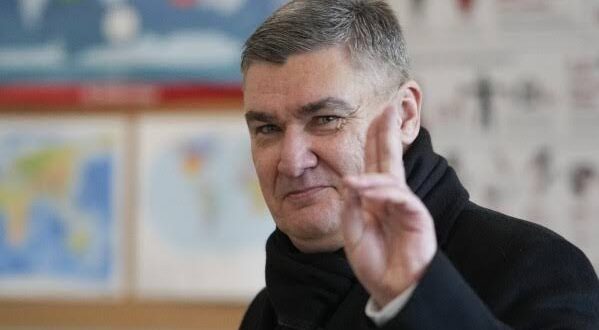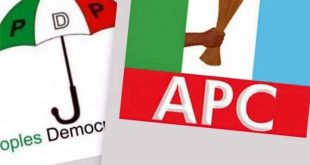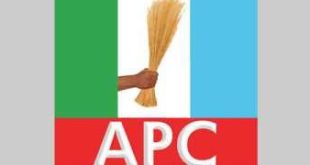Croatia’s President, Zoran Milanovic, has secured a landslide re-election victory, defeating his conservative rival, Dragan Primorac, in Sunday’s run-off election, according to exit polls.
Milanovic garnered 77.86% of the vote, while Primorac, backed by the centre-right HDZ party, managed 22.14%, as reported by Croatia’s state-run HRT television. Official results are expected later on Sunday.
Although the Croatian presidency is largely ceremonial, Milanovic’s resounding victory is seen as a setback for the ruling HDZ party and Prime Minister Andrej Plenkovic, following a high-profile corruption scandal in November.
A Polarising Leader
Milanovic, a former left-wing prime minister, has been a significant figure in Croatian politics for nearly two decades. He first won the presidency in 2020 with the backing of the Social Democrats (SDP) and has since gained popularity for his outspoken, populist rhetoric, often targeting EU and local officials.
His supporters view him as a “counterbalance” to the HDZ-led government, which has largely controlled Croatia since its independence in 1991. Critics, however, accuse Milanovic of divisive and offensive remarks, including calling the HDZ “corrupt” and describing Plenkovic as “Brussels’ clerk.”
Political analyst Zarko Puhovski described Milanovic as “a political omnivore,” noting that his no-holds-barred style appeals to both left- and right-wing voters.
Primorac’s Campaign Falls Short
Dragan Primorac, a former education minister, ran as a unifier, promoting patriotism and family values. However, his campaign failed to rally the HDZ’s base, and critics labeled him as lacking political charisma.
Primorac also accused Milanovic of being a “pro-Russian puppet,” citing his opposition to NATO-backed initiatives like the training of Ukrainian troops. Milanovic, while condemning Russia’s invasion of Ukraine, has criticised Western military support for Kyiv, a stance that has drawn mixed reactions domestically.
A Nation’s Struggles
The election was held against the backdrop of Croatia’s economic challenges, including soaring inflation, a labour shortage, and corruption concerns. Many young Croatians expressed frustration over the lack of political focus on issues such as housing and living standards.
“We hear them [politicians] talking mostly about old, recycled issues. What’s important to young people doesn’t even cross their minds,” said Ivana Vuckovic, a 20-year-old student.
A New Term Begins
As Milanovic prepares for another term, his victory reinforces his role as a vocal critic of the HDZ-led government, positioning him as a symbolic counterbalance to the ruling party’s power. His presidency is likely to continue shaping Croatia’s political landscape, both domestically and on the international stage.
 National Telescope national telescope newspaper
National Telescope national telescope newspaper



